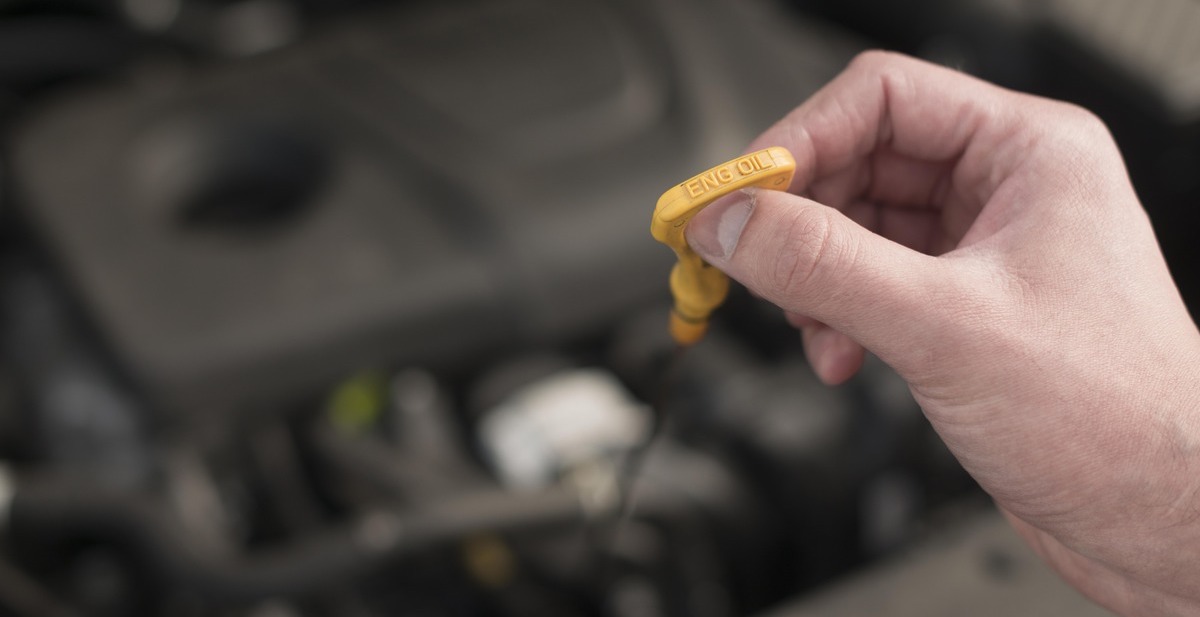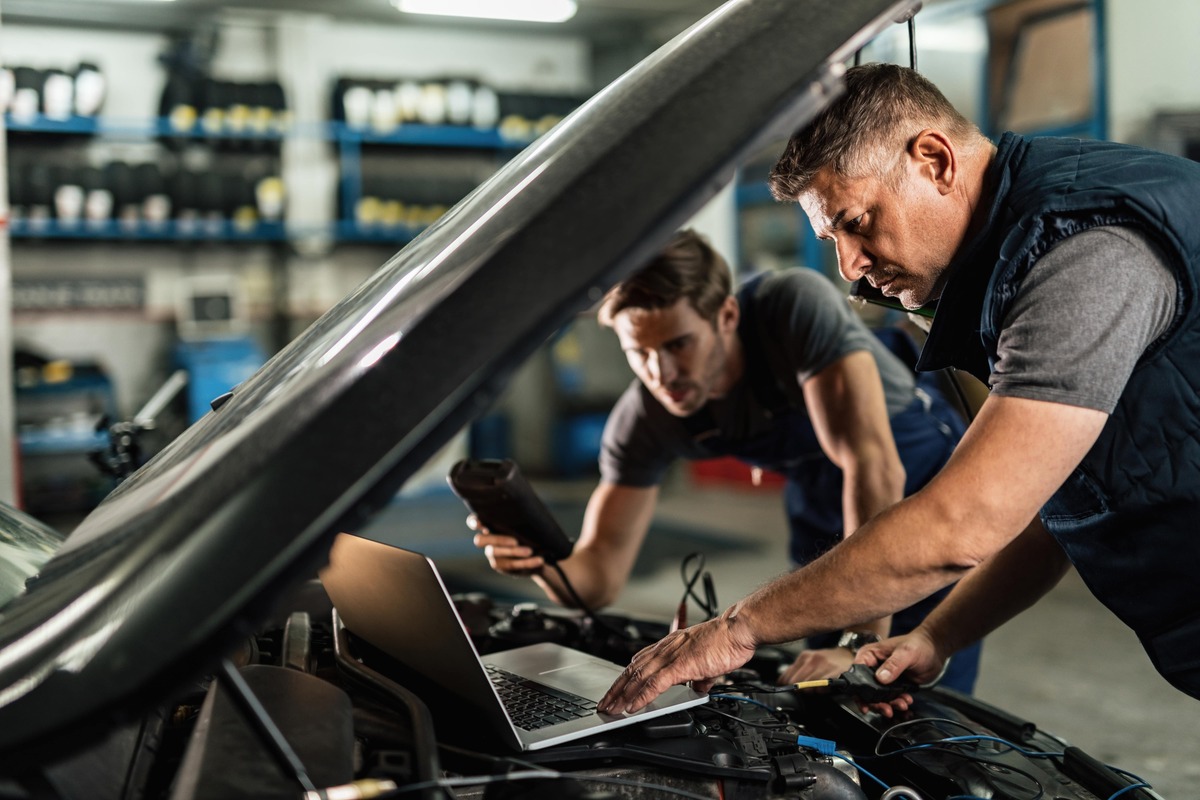4 Things to Do Before Purchasing a Pre-Owned Vehicle
Purchasing a used car can be a very affordable solution if you are considering to have some financial savings, but still, have a nice vehicle that would provide you with transportation you need to go to work, or anywhere you want. The closer it comes to meeting your needs the more benefits you are going to get from the deal. Of course, purchasing a new car is already quite a stressful process, and requires a lot of time, attention, and PATIENCE. Purchasing a new/old car (used one) requires equal attention or even more. That is why here are some tips and suggestions on what are you supposed to pay attention to get the best out of buying a used car. Take a piece of paper, and let’s have a look at each one of them separately.
Tip #1: Pre-Purchase Inspection Check
The best way to refrain from buying a used car that would add problems to the already stressful process of purchasing a car and unwanted vehicle problems in the first place is to have the car undergo the process of what is called PPI, Pre-Purchase Inspection, before going further into any kind of purchasing documentation.
During the actual process of PPI, a licensed technician will thoroughly scrutinize your future vehicle, paying attention to all the details and pointing out to possible shortcomings of the car. In fact, most of the PPI services specialists invest about 100 different areas of the car, including suspension systems, flashlights, and other parts. After the completion of the PPI you will be provided with a report that contains all the outlines of potential trouble areas, and usually, also a possible financial range to address them.
Tip #2: Calculating Costs
Speaking of the possible range for the cost of requirements, we arrived at our second point before purchasing a used car: determine the range of cost before buying it! Remember, that even before buying the actual car you have at least a rough calculation of how much you are willing to spend on the car after purchasing it. You also have to be aware of how much the transaction is going to be financed and its means; through a bank loan, dealerships, credit union and more. So, simply make sure that your cost range includes the above-mentioned points or possible costs for inspections.
Tip #3: Consider the Recalls and Soft Updates
Before purchasing a pre-owned car you have to take into consideration any possible car recalls or software updates. Recalls are usually issued by automakers in order to make corrections to any safety defects. Some vehicles would not need this, but many others have several recalls. Similar to that, you would also like to check the available software solutions for the vehicle or their updated versions. The software updates are usually issued to optimize the main procedures in your overall car system. Those can include updates on battery life, comfort, fuel efficiency, climate control performance and many more.
Tip #4: Where to Go without Test- Drive
After doing all of the check-ups listed above, do not forget to test drive the car you are about to check, as you will do with other car purchasing occasions. It is recommended to spend some time behind the wheel of the car before making the decision. This helps a lot to understand how you respond to the overall driving system of the car, it’s comfortability and technical use.
Well after doing that, simple research on the car one more time and you are ready to make a decision. Have a safe drive, and come back for more useful tips and tricks for care and industry.
4,818 total views, 2 views today



